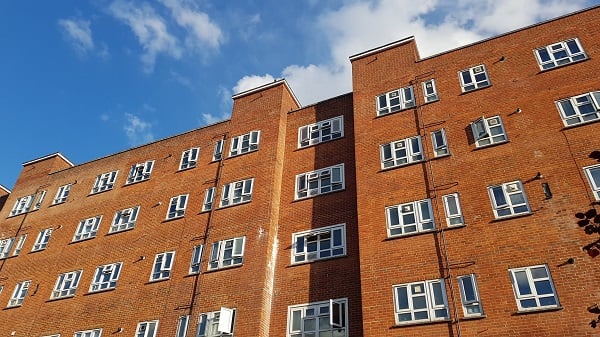menu
Everyone needs a warm, secure and affordable home
Migrants are currently last in line – not first – for social housing
At present, the majority of immigrants are actively barred from accessing social housing. As a result, more than 90% of social housing currently goes to British citizens. European nationals comprised 4% of lead tenants with the remaining 6% from nations outside the European Economic Area (EEA).
The vast majority of immigrants are subject to a No Recourse to Public Funds (NRPF) condition. This is a legal restriction on individuals who are ‘subject to immigration control’, as defined in section 115 of the Immigration and Asylum Act 1999. It restricts people from accessing most mainstream benefits and housing assistance (“public funds”) if they hold temporary immigration statuses or lack a valid status. At the end of 2022, 2.58 million people held valid visa types that typically come with NRPF.
The following types of housing assistance provided by a local council in England are classed as public funds for immigration purposes:
- Homelessness assistance under part VII of the Housing Act 1996
- A local authority allocation of social housing (i.e. a council or housing association tenancy) made under part VI of the Housing Act 1996
A person who is subject to the ‘No Recourse to Public Funds’ (NRPF) condition, or who does not have any current immigration permission, will not be eligible for homelessness assistance or a housing allocation.
The Green Party policy is to abolish of the NRPF condition which adversely affects women and children, and instead assess entitlement to support based solely on need.
Aside from exemptions such as domestic violence and where children are at risk, migrants, including EU citizens, are generally not eligible for social housing until they get settled status or have refugee status. If they have refugee status there is no rule that means they jump a queue. A significant proportion of homeless rough sleepers are non-UK nationals, and in London most street homeless people were not born in the UK.
Despite this actual legislation, and numerous studies, the myth persists that migrants come to the UK and are immediately succesful in accessing social housing at the expense of UK nationals, largely now pushed by the Reform UK politicians and recently by the previous Conservative Government in their recent “British Homes for British Workers” consultation.
The Green Party are clear that the real problem is that there are about 1.5 million fewer social homes today than there were in 1980, In 2021/22, just 7,528 new social homes were delivered, there were 1.1million people on the waiting list.
In the 2024 General Election Manifesto the Green Party pledged to provide 150,000 new social homes every year through:
- New build and the purchase/refurbishment of older housing stock.
- A community right to buy for local authorities for several categories of property.
- Ending the individual ‘right to buy’, to keep social homes for local communities in perpetuity.

Policy Papers
Here we have compiled a list of articles and background papers on a range of topics that have helped us inform our policy making and that you may find useful to read and share.

